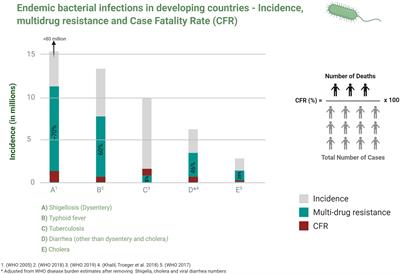EDITORIAL
Published on 04 Jun 2021
Editorial: Advances in Phage Therapy: Present Challenges and Future Perspectives

doi 10.3389/fmicb.2021.701898
- 4,860 views
- 19 citations
31k
Total downloads
155k
Total views and downloads
EDITORIAL
Published on 04 Jun 2021

ORIGINAL RESEARCH
Published on 29 Mar 2021

ORIGINAL RESEARCH
Published on 08 Mar 2021

REVIEW
Published on 11 Feb 2021

ORIGINAL RESEARCH
Published on 26 Jan 2021

ORIGINAL RESEARCH
Published on 21 Jan 2021

ORIGINAL RESEARCH
Published on 15 Jan 2021

MINI REVIEW
Published on 11 Jan 2021

MINI REVIEW
Published on 21 Dec 2020

ORIGINAL RESEARCH
Published on 19 Nov 2020

PERSPECTIVE
Published on 12 Nov 2020

ORIGINAL RESEARCH
Published on 11 Nov 2020
